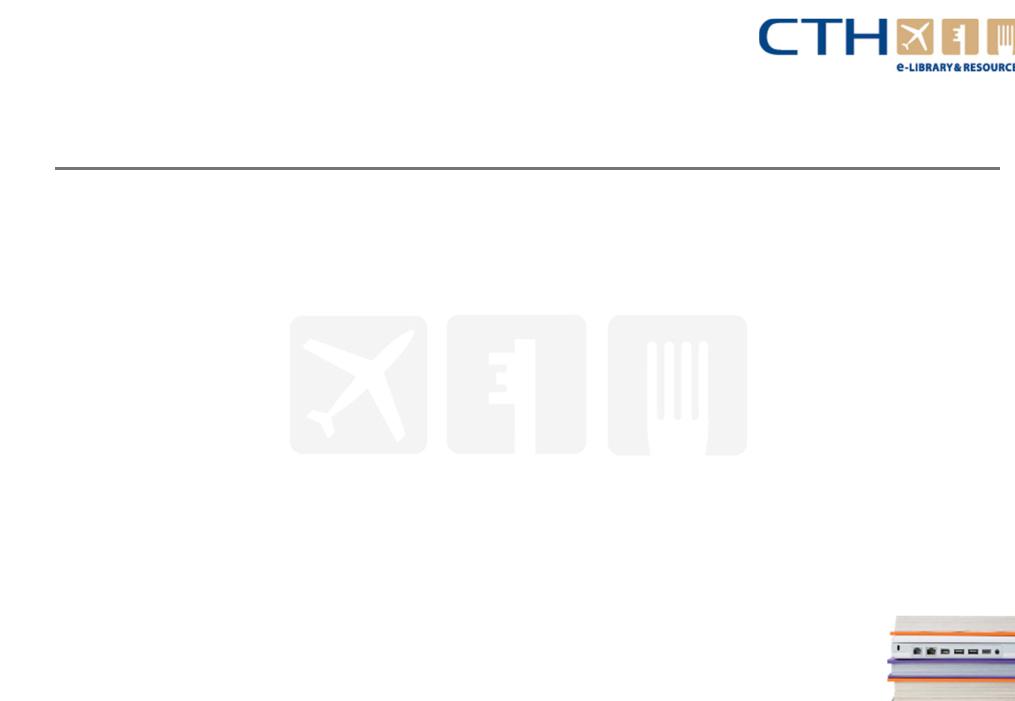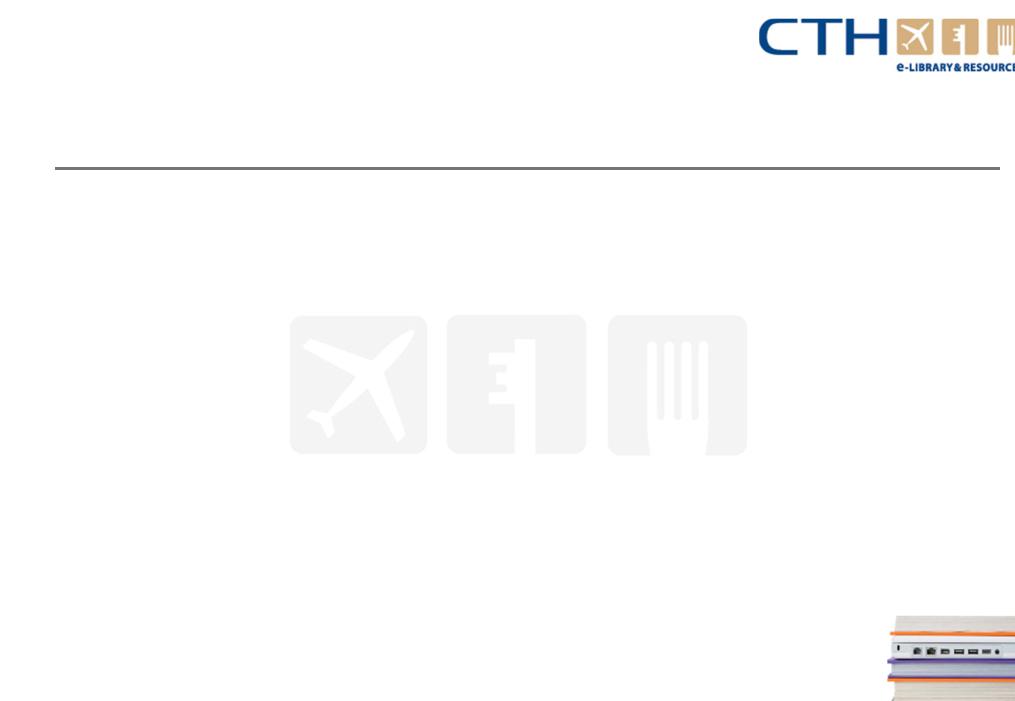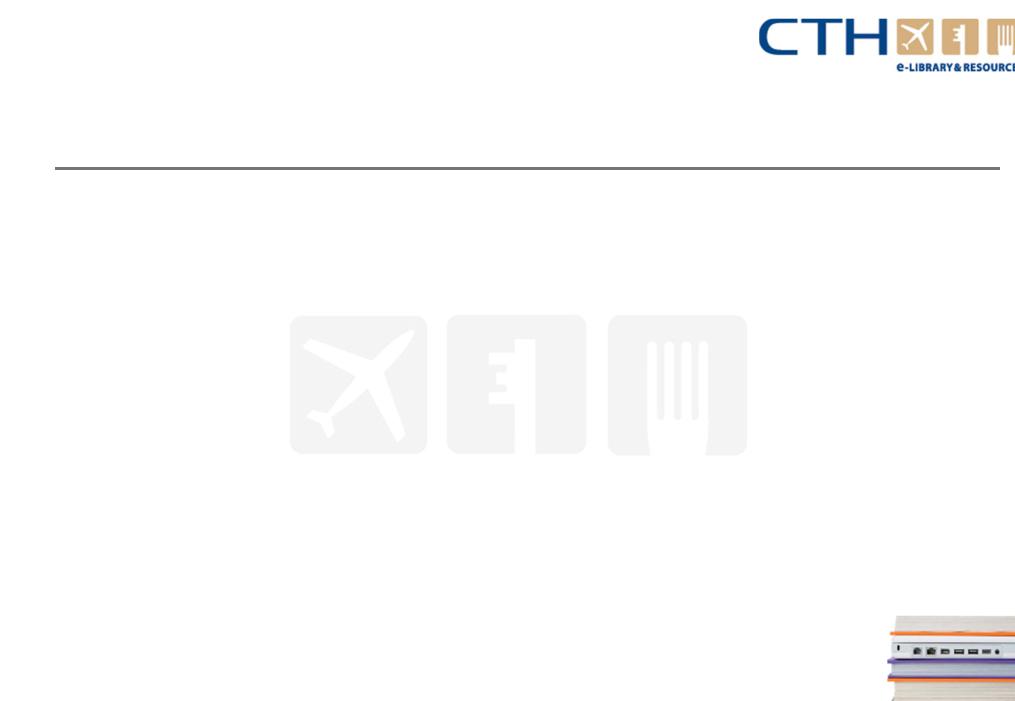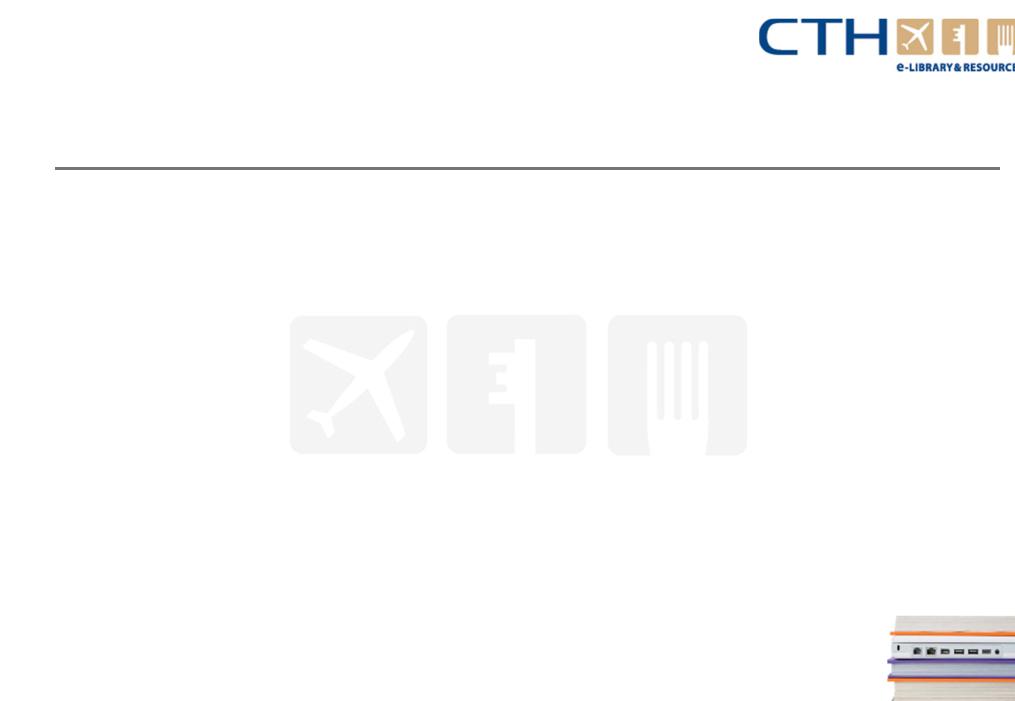
Front_Office_Operations
.pdf
Chapter 9 – Interpersonal and selling skills
Staff development and management
6.1 Induction or orientation of new staff
The main purposes of induction are:
●To help new recruits to find their bearings in a new job and environment
●To help new recruits begin to 'fit in' to the culture and norms of the team and hotel
●To support recruits in beginning to do the job
●To identify on-going training and development needs.
A general plan for induction, which may be formulated by the Front Office manager, and carried out by the duty manager or shift supervisor, will therefore include:
●Pinpointing the areas that the recruit will have to learn about in order to start work in the job. Some more complex tasks or skills may be identified as areas for later study or training.
●Showing the recruit round the hotel premises and facilities, so that (s)he can get her bearings.
●Briefing the recruit on relevant employment policies and procedures: conditions of employment,
sickness and holiday absences, shift arrangements etc.
www.cthresources.com |
Page 541 |
|
www.cthawards.com |

Chapter 9 – Interpersonal and selling skills
Staff development and management
6.1 Induction or orientation of new staff continued…
●Pinpointing the areas that the recruit will have to learn about in order to start work in the job. Some more complex tasks or skills may be identified as areas for later study or training
●Showing the recruit round the hotel premises and facilities, so that (s)he can get her bearings
●Briefing the recruit on relevant employment policies and procedures: conditions of employment, sickness and holiday absences, shift arrangements, health and safety rules, etc
●Introduction to key people in the hotel: Front Office managers, co-workers, the heads of food and beverage, housekeeping, maintenance and security and so on
●Appointing a particular colleague or supervisor as a 'mentor', to observe and assist, answer queries, start training/coaching and generally 'show the recruit the ropes’
www.cthresources.com |
Page 542 |
|
www.cthawards.com |

Chapter 9 – Interpersonal and selling skills
Staff development and management
6.1 Induction or orientation of new staff continued…
●Introducing hotel procedures, policies and systems (perhaps at first by observing or 'shadowiing’ an experienced employee).
●Planning and implementing appropriate training programmes to familiarise the recruit with the hotel product, procedures, documentation and systems (especially if a Premises Management
System is used), and related skills.
●Monitoring initial progress, as demonstrated by performance, and as reported by the recruit's coach, mentor or supervisor. This is the beginning of an on-going cycle of feedback, review, problem-solving and learning/training planning...
www.cthresources.com |
Page 543 |
|
www.cthawards.com |

Chapter 9 – Interpersonal and selling skills
Staff development and management
6.2 Staff training and development
In order to ensure that training meets the real needs of the hotel, the training manager, Front Office manager or other person responsible for staff development should adopt a systematic approach.
Step 1 : Identify and define staff members' learning or training needs, based on (a) what they need to be able to do to perform their job competently and (b) what they can currently do.
Step 2 : Define the learning required - In other words, specify the knowledge, skills or competences that have to be acquired. (e.g. For technical training, this is not difficult all Front Office staff must be conversant with the use of the Fidelio Hotel Management System. It may be more difficult for social skills...)
Step 3 : Define training objectives - what must be learned and what trainees must be able to do after the training exercise.
www.cthresources.com |
Page 544 |
|
www.cthawards.com |

Chapter 9 – Interpersonal and selling skills
Staff development and management
6.2 Staff training and development continued…
Step 4 : Plan training programmes:
●Who provides the training
●Where the training takes place
●What training approaches, techniques, styles and technologies will be used.
Step 5 : Implement the training programme
Step 6 : Monitor, review and evaluate training. Has it been successful in achieving the learning objectives? (If not, go back to Step 1 in a continuous cycle...)
www.cthresources.com |
Page 545 |
|
www.cthawards.com |

Chapter 9 – Interpersonal and selling skills
Staff development and management
6.2 Staff training and development continued…
Training methods
Training |
|
|
method |
Explanation |
|
Demonstration |
A more experienced employee tells trainees what to do, shows them how it is done, |
|
and then lets them try it for themselves, giving guidance and correction as required. |
||
instruction |
||
(e.g. learning computerised systems) |
||
|
||
|
Trainees are put under the guidance of an experienced employee who shows them |
|
Coaching |
how to perform tasks and works with them to plan and implement learning activities. |
|
|
The coach gives advice, instruction, demonstration and supervised practice. In a Front |
|
|
Office setting, (s)he may use case studies, role plays and other simulated work tasks - |
|
|
especially for training in social skills and problem solving (which are 'risky' to practise |
|
|
in real life situations...) The coach can also act as a role model and guide to the kinds of |
|
|
attitudes and values that underlie effective social skills and behaviours. |
www.cthresources.com |
Page 546 |
|
www.cthawards.com |

Chapter 9 – Interpersonal and selling skills
Staff development and management
6.2 Staff training and development continued…
Training methods
Training |
|
method |
Explanation |
Job rotation |
Trainees may be moved from one role to another, to allow them to gain |
|
experience of a range of areas. (e.g. A cashier might start out in guest accounting, or a |
|
receptionist in reservations, to give them a good grounding in procedures prior to |
|
more challenging guest contact). In some hotels, staff rotate through all Front Office |
|
roles, for greater variety and skill development |
Assistant to' or |
A staff member may be appointed as assistant to a more senior or experienced person, |
work |
to gain experience of a new or more demanding role. A receptionist may 'shadow' the |
shadowing |
Senior Receptionist, for example, while a senior receptionist may be an 'assistant duty |
|
manager'. |
www.cthresources.com |
Page 547 |
|
www.cthawards.com |

Chapter 9 – Interpersonal and selling skills
Staff development and management
6.2 Staff training and development continued…
The advantage of on-the-job training is that it takes immediate account of job context: you don't have to learn something in a classroom and then transfer it to the systems, people and settings of your job (which isn't always easy). And it is excellent for developing social skills and working relationships, since they are built into the training from the start.
The advantage of off-the-job training is that it suits theoretical/reflective learners; gives a strong understanding of the underlying principles; and ensures that people learn 'best practice' - rather than the 'short cuts' that an on-the-job coach might teach them. In addition, it avoids the risk of throwing trainees in at the deep end, where their errors ('learning opportunities'!) may have serious consequences - such as a dissatisfied guest.
www.cthresources.com |
Page 548 |
|
www.cthawards.com |

Chapter 9 – Interpersonal and selling skills
Staff development and management
6.3 Managing Front Office quality
Mechanisms which can monitor, control and maintain staff performance.
●Policies. rules and standards. The Front Office should have policy and procedures manuals setting out detailed rules and protocols for the conduct of staff, and how they should go about their roles. This is important, because people need to know exactly what is expected of them, in order to monitor and manage their own performance standards, and for any correction or discipline (If they fall below the expected standard) to be fair and reasonable.
●Supervision. Front Office staff will be monitored and supervised by shift supervisors or other senior members of staff, to ensure (a) that they are performing correctly and to standard and (b) to offer help, guidance and assistance if necessary. This is particularly important because of the moneyhandling role of Front Office personnel: supervision (and authorisations and countersignatures etc) is required to ensure that protocols are followed, and that the hotel is protected from theft and fraud (and from unfounded allegations of theft and fraud)
www.cthresources.com |
Page 549 |
|
www.cthawards.com |

Chapter 9 – Interpersonal and selling skills
Staff development and management
6.3 Managing Front Office quality continued…
●Performance management. The performance of staff will regularly be reviewed and appraised by each staff member's supervisor or manager (a process known as performance appraisal). The purpose of this is to identify and solve performance problems; the identification of learning and improvement needs; and planning of future training and development. ‘Performance management also includes 'discipline': that is, the investigation of any performance shortfalls, poor conduct or attitude, with a view to planning for improvement, and warning the staff member of the potential consequences of failing to improve. This process, after several warnings, may eventually result in the dismissal of a staff member who is unable or unwilling to improve.
●Motivation. Front Office staff need to be fairly rewarded for their work. The reward system of the hotel should allow for incentives to extra levels of performance and positive attitude. Supervisors and managers should not hesitate to offer praise and recognition for good performance - and 'heroic' service to guests. The hotel may also offer more tangible rewards: (e.g. Starr Member of the Month awards, with prizes for the staff member most nominated for praise by guests, or 'up-sell' points awarded to staff members who sell upgrades,
towards vouchers or gifts)
www.cthresources.com |
Page 550 |
|
www.cthawards.com |
